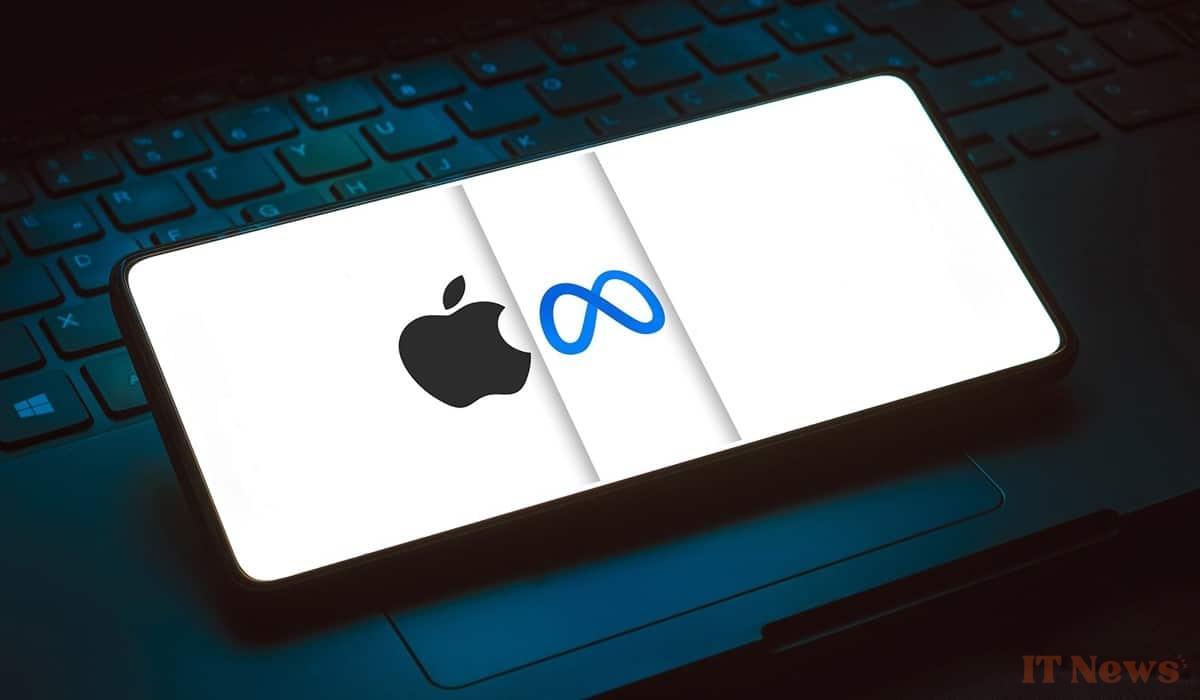The two tech giants, Apple and Meta, are engaged in a fierce battle over interoperability. At the heart of this confrontation are new European rules aimed at improving competition and limiting the monopoly of large companies on digital ecosystems.
Context and challenges of interoperability
Interoperability has become a real issue in the modern digital age. The European Commission recently imposed strict rules to ensure that large technology companies allow other market players to access certain features of their systems. This regulation, known as the Digital Markets Act (DMA), aims to prevent anti-competitive practices and promote fairer competition.
For Apple, these new obligations pose considerable risks to user security and privacy. The company is concerned that companies like Meta will use interoperability standards to access sensitive data, such as private messages, calls, photos, and even passwords stored on the iPhone.
Meta’s controversial requests
Meta, which owns Facebook, Instagram, and WhatsApp, has submitted no fewer than fifteen requests to Apple for broader access to iPhone features. These requests go well beyond the traditional integration between apps and devices, potentially touching every aspect of users’ digital lives. This includes access to private communications, personal calendars, and everyday uses of various apps.
Apple has expressed serious concerns about these requests, saying they have no direct connection to Meta’s products. Apple says granting these permissions would seriously compromise users’ privacy and security. In response, Meta denounces Apple’s accusations as unfounded and motivated by their desire to maintain exclusive control over their ecosystem.
The implications of providing broad access to user data are many and varied. On the one hand, it could allow for a significant improvement in the services offered by third-party applications. On the other, it raises critical questions about the protection of personal information. If iOS devices open their doors to such broad requirements, every aspect of users’ digital lives could potentially be exposed to external companies.
Meta argues that their request for interoperability is entirely legitimate and in line with the objectives of the DMA. They accuse Apple of hiding its true intentions behind privacy arguments, in order to minimize competition.
Apple’s case against Meta
Under pressure from the European Commission, Apple maintains that complying with interoperability requests would jeopardize the private data of millions of users. The company insists that its priority remains the rigorous protection of personal information in accordance with the high standards of European data protection regulations.
Apple describes Meta’s requisitions as excessive and largely unjustified. For them, opening up entire sections of the iOS system would lead to potential security vulnerabilities and would seriously harm consumer trust in the brand. They systematically defend themselves by emphasizing their historical commitment to defending privacy.
The European Commission is closely monitoring this dispute. It has established a public consultation period to examine Apple’s proposals on interoperability. The European authorities are also considering severe financial penalties of up to 10% of Apple’s worldwide turnover if the company does not comply with the established regulations.



0 Comments